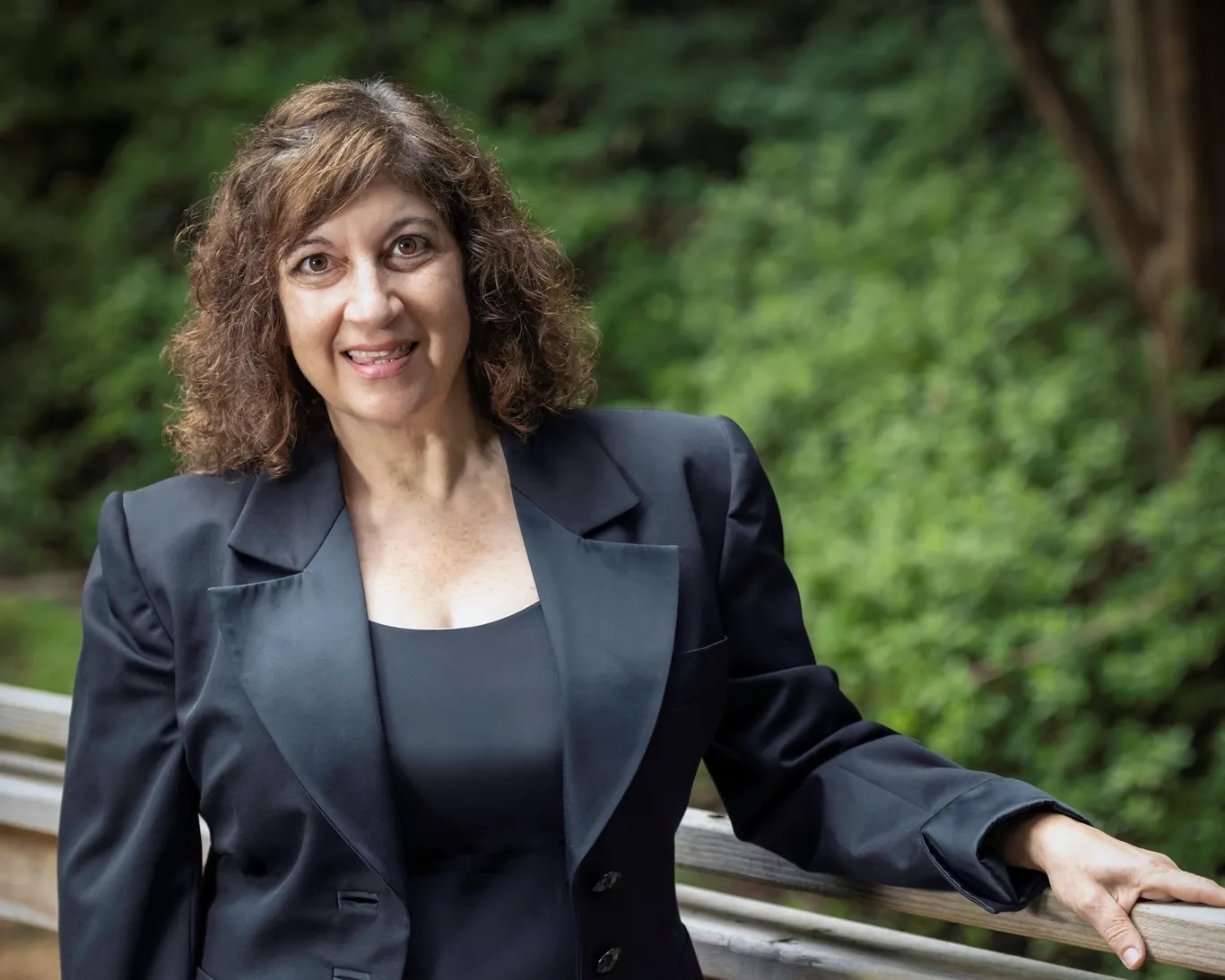September Advocate Spotlight: Kerri Susko

This month’s featured cancer advocate is Kerri Susko, LISW-CP, OSW-C. Kerri is the Director of CSC at Prisma Health Cancer Institute. Read on to learn more about Kerri and how she's making an impact in the cancer community.
Tell us a little bit about yourself and how you got connected with the Cancer Support Community.
I am a licensed clinical social worker and have been providing psychotherapy and facilitating groups for more than 20 years. I worked in psychiatric services until 2008 when I became involved in pediatric oncology in Dallas. I worked a lot with the parents and siblings of patient survivors and helped to develop Camp iHope, a camp for children with cancer and their siblings.
When I found myself relocating to Greenville, SC, in 2012, I knew that I adamantly wanted to continue working with people impacted by cancer. As luck would have it, at that time a perfect storm was occurring at Prisma Health, then The Greenville Health System (GHS). Oncology doctors who had been in private practice were returning to the hospital system. A survivorship department was being created and GHS had decided to become a Hospital Partner with the Cancer Support Community (CSC). I was tasked with providing individual counseling to patients and family members, working on policies and ways to fulfill the Commission on Cancer mandates, and developing our CSC program. I have been honored to be connected to CSC in my role at Prisma Health Cancer Institute.
How are you involved in cancer advocacy?
I got involved in cancer advocacy after working with the Lung Cancer Alliance (now the GO2 Foundation) to start a lung cancer support group. The feeling of helplessness that many survivors feel was not new to me. But this group seemed to experience it more profoundly with the stigmatization that existed at that time and the small percentage of patients who lived more than 5 years. That year I took 2 support group members with me to the Lung Cancer Summit on Capitol Hill. Not only did it ignite my desire to do more policy advocacy, but I also saw how beneficial it was for those survivors to be empowered by telling their story and advocating for themselves.
I have continued to participate in the summit and encourage lung cancer survivors to be part of it. We are going into our sixth year of attendance. I also encourage other groups I facilitate to advocate for the issues they believe in. [I emphasize] that any effort — regardless of how small it may seem — is important. I am very excited to now be a member of the Scientific Leadership Board for the GO2 Foundation [to] advocate for all individuals impacted by lung cancer.
"The smallest step is a step toward change. Let your voice be heard, whether it is writing a postcard to a senator, signing a petition, talking about an issue, going to Capitol Hill, facilitating a networking or support group, or telling your story. Know that it may not all happen at once, but every yard we gain gets us closer to the end zone."
Is there one issue you are particularly passionate about?
I am passionate about teaching survivors the importance of advocacy regarding state and federal policy and [the importance of self-advocacy] within the health care system and society. I am also passionate about teaching mindfulness in the oncology community. When dealing with politicians, certainly a bit of mindfulness can help with self-preservation. But seriously, this way of being — even if only achieved minimally — can be unbelievably valuable to living one’s best life following a cancer diagnosis.
I am also passionate about working to normalize talking about death and quality of life. I continually strive to open up the conversation with patients and family members, regardless of prognosis. I am assertively addressing the need for providers to explore their own messages around end of life [in] their communications with patients. I plan to advocate in the coming years for additional Death with Dignity laws and changes to eligibility requirements.
What is one tip or piece of advice you’d like to share with others who are interested in becoming an advocate?
The smallest step is a step toward change. Let your voice be heard, whether it is writing a postcard to a senator, signing a petition, talking about an issue, going to Capitol Hill, facilitating a networking or support group, or telling your story. Know that it may not all happen at once, but every yard we gain gets us closer to the end zone. Being grateful for any movement forward is imperative. When certain representatives don’t appear to be on the same page with an “ask,” have hope and confidence that at some point the proverbial “squeaky wheel” will be heard and understood. Regardless of what ultimately happens, taking action does make a difference regarding feelings of helplessness.
Tell us something fun about yourself — any hobbies, interests, or fun facts?
The desert is nourishing to me. I recently returned from a hiking trip to Death Valley and some other national parks in Nevada and Utah. This year it was a bit hot at 125 degrees, but awesome. While many people might prefer the beach or tourist attractions, I relish being “off road” — the sense of adventure, the beauty, the wonder of the natural environment. I find myself truly present. I love finding evidence of animals such as tracks or bones. My favorite art piece in my home is a “sculpture” made from the numerous antlers I found at multiple locations.